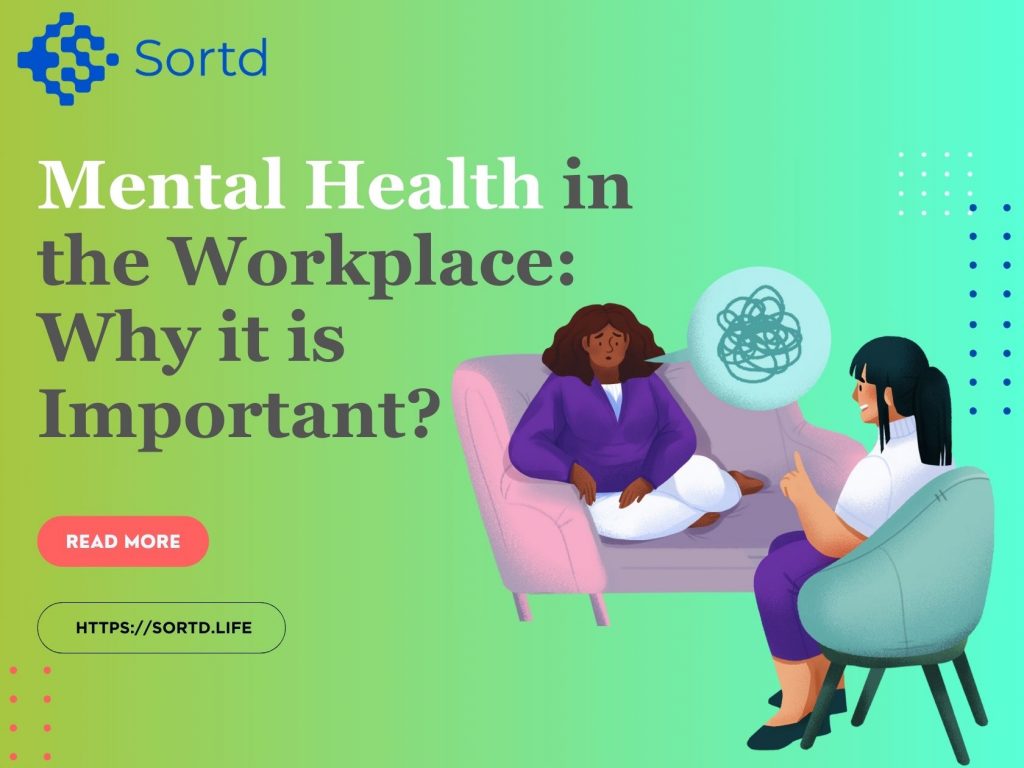
Mental health is an indispensable aspect of the modern workplace, with far-reaching implications for employees and organizations. In a rapidly evolving world, understanding why mental health is vital in the workplace is crucial for fostering a productive, supportive, and thriving work environment.
Why Mental Health is Important in the Workplace?
Here are the reasons why mental health is so vital in the workplace:
01. Employee Well-Being and Job Satisfaction
One of the primary reasons why mental health is essential in the workplace is its direct impact on employee well-being and job satisfaction. When employees experience good mental health, they are more likely to feel engaged and content in their roles. This, in turn, enhances job performance and productivity.
Supporting mental health initiatives within the workplace, such as providing access to counseling services and promoting work-life balance, can significantly contribute to the overall well-being of employees.
02. Productivity and Performance
Mental health plays a pivotal role in an individual’s capacity to perform at their best. Employees who are struggling with mental health issues may find it challenging to focus, make decisions, or complete tasks efficiently. Recognizing and addressing these concerns can lead to improvements in productivity.
Employers who prioritize mental health also benefit from reduced absenteeism and turnover rates, as employees are more likely to stay with companies that prioritize their well-being.
03. Reducing Stigma and Fostering Inclusivity
Creating a workplace that values mental health helps reduce the stigma associated with mental health challenges. When employees feel comfortable discussing their mental health concerns openly, it fosters inclusivity and a supportive work culture.
Promoting a stigma-free environment not only benefits employees but also encourages a culture of empathy and understanding within the organization. Start your online counseling therapy now!
04. Enhancing Employee Engagement
Mental health and employee engagement are closely intertwined. Engaged employees are enthusiastic, committed, and more likely to go the extra mile for their organization. When mental health is a priority, employees are more involved, which contributes to improved teamwork and overall organizational success.
05. Compliance with Legal and Ethical Standards
Addressing mental health concerns in the workplace is not just good practice; it’s often a legal and ethical requirement. Many countries have labor laws that mandate employers to provide a safe and healthy work environment, which includes addressing mental health.
By ensuring compliance with these standards, organizations avoid potential legal issues and safeguard their reputation.
Conclusion
In conclusion, mental health in the workplace is a crucial component of a thriving organization. Prioritizing mental health positively impacts employee well-being, job satisfaction, productivity, and engagement. It also helps reduce stigma and complies with legal and ethical standards.
Supporting mental health initiatives is not just a responsibility but an opportunity for organizations to create a workplace where employees can flourish and reach their full potential. In doing so, both employees and organizations can reap the rewards of a healthier, happier, and more productive work environment. Get the best Mental Health Wellbeing Services in UK to live a stress-free life with the help of Sortd.life
